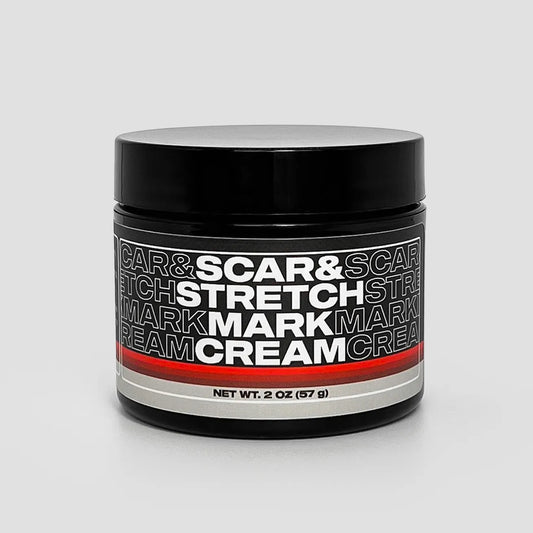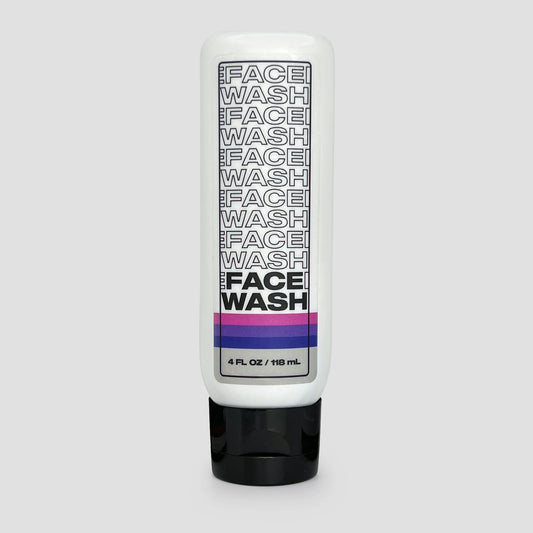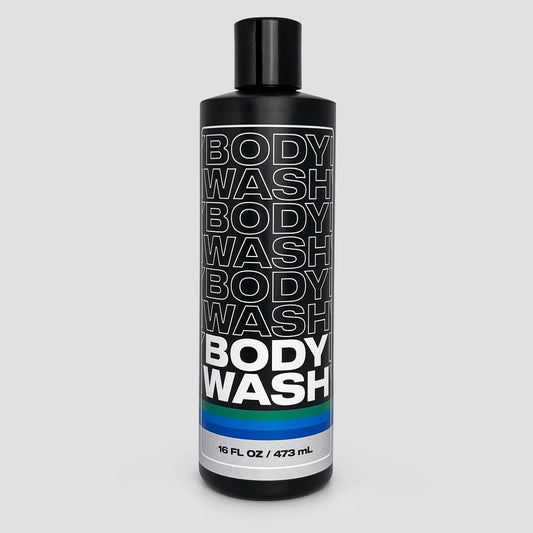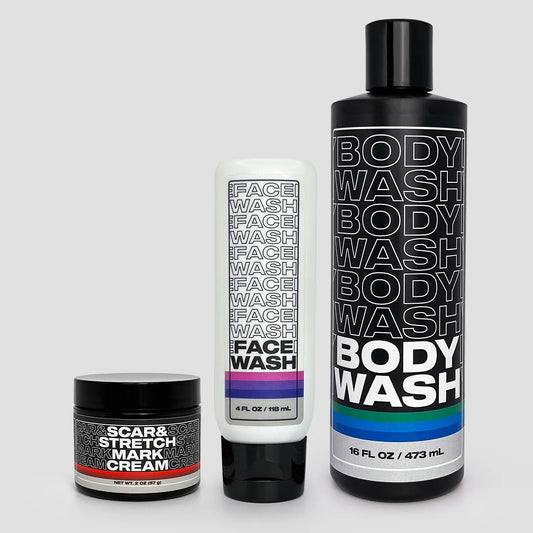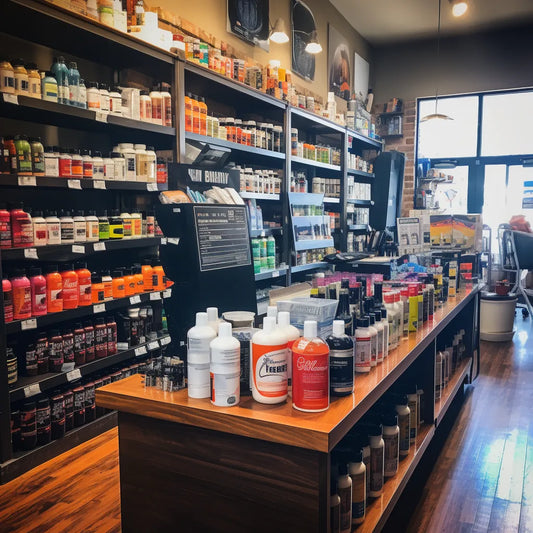

From the weight rack to the protein shake, athletic men are on a constant quest for strength, endurance, and immaculate body definition. But it’s not just the weight you lift; it’s what you put into your body that makes a difference.
Supplements like BCAAs and mass gainers have the fitness world buzzing. But what separates these two? Which one is right for your body and your goals?
No more confusion, gents. This blog post will delve into the BCAAs vs mass gainers debate and decipher which supplement best aligns with your fitness path.
By the end of our expedition, you'll understand the ins and outs of these supplements, what they can do for your body, and how to get the best out of them.
What are BCAAs and how do they work?
Branched-Chain Amino Acids (BCAAs), consist of three crucial amino acids – leucine, isoleucine, and valine. They're essential because the body can't produce them, so they must be sourced from the diet or supplements. BCAAs account for around 35% of the essential amino acids in muscle proteins. They're known for their role in muscle development and repair, enhancement of exercise performance, and delay in muscle fatigue. (source)
What are Mass Gainers and what do they do?
Mass gainers are supplements loaded with calories via carbohydrates, proteins, and fats, and thus, aid to boost the overall intake of calories. They're typically used by individuals who struggle to gain muscle, either because they have a fast metabolism or find it hard to consume enough calories. Mass gainers effectively offer a high dose of both proteins and carbohydrates to support muscle growth and weight gain goals. (source)
How to Choose Between BCAAs and Mass Gainers: A Clear Path
Choosing between BCAAs and mass gainers depends largely on your fitness goals, nutritional needs, and overall diet. Let's break it down.
1. Understand Your Body
Before anything, assess your body. Consider your body type, your metabolic rate, and your recovery abilities. These factors go a long way in determining which supplement will help you reach your desired objectives.
2. Pin Your Fitness Goals
Are you looking to gain weight or improve muscle recovery? BCAAs are typically used for improving workout recovery, reducing muscle breakdown, and aiding in protein synthesis. In contrast, mass gainers are used to enhance calorie intake for gaining weight and muscle mass.
3. Evaluate Your Diet
Supplements complement your diet—they don't substitute the nutrients and calories obtained from real food. If you have a low appetite or a diet low in protein and carbohydrates, a mass gainer could be beneficial. On the other hand, if your protein intake is adequate, opting for BCAAs would be more sensible.
Are there any side effects associated with BCAAs and mass gainers?
BCAAs are generally safe when consumed appropriately. However, excess intake can lead to potential side effects like nausea, pain, and fatigue. On the other hand, mass gainers can lead to unwanted weight gain, digestive problems, and potential kidney damage if overused or incorrectly used. Always consult with a healthcare provider before starting any supplement regimen. (source)
Crushing the Doubts, Fueling the Growth
In conclusion, BCAAs and mass gainers serve different purposes. The key lies in understanding your body, recognizing your goals, and aligning these insights with the right supplements.
Recap of the Battle: BCAAs vs Mass Gainers
- BCAAs are geared towards improving muscle recovery and enhancing exercise performance.
- Mass Gainers aim at helping individuals gain weight and muscle mass by boosting their calorie intake.
- Good knowledge of your body type, metabolism, fitness goals, and dietary habits will help identify the right supplement.
- Always consult with a healthcare provider before starting any supplement regimen to avoid potential side effects.
Remember, supplements are not a substitute for a balanced diet. They're an adjunct to your journey towards reaching that peak physical form. The road to fitness might be steep, but with the right support and resources, you're sure to reach the summit.
